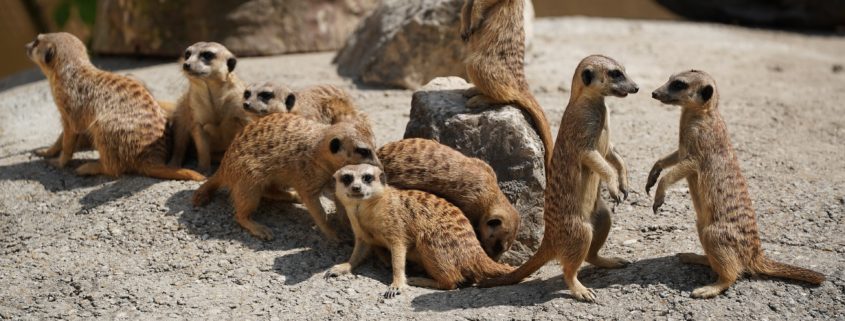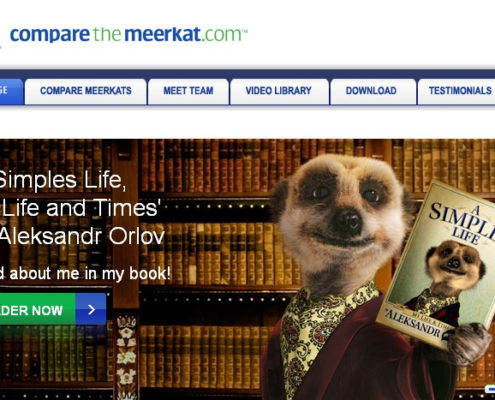Vorfreude – looking forward to joy
Can you cheer yourself up by focusing on the joy of future fun? Or do you worry, and worry about worry? And do you enjoy worrying? Germans have a nice word for a forward-looking joy, Vorfreude, to describe the feeling of anticipating something you’ll enjoy.
Most of us daydream of holidays and meals and pleasurable events to come, and psychologists even say that is good for us and a helpful practice for lifting your mood, rather than an idle waste of time. So perhaps we’ll soon start talking about a pleasant daydream as a vorfreudian foreshadowing or a key part of the psychological practice of Vorfreudianism, though that almost sounds like a blending of Freudian analytical thought with the mechanistic production approach of Fordism, a term originating from the factories of Henry Ford. Bring on an assembly line for positive thoughts in the unconscious mind! Or could this be a conveyor belt of fears? An American company actually has a UK trademark on the word Vorfreude, for the sole purpose of selling mops! Perhaps customers look forward to mopping up problems…Continue reading full article…



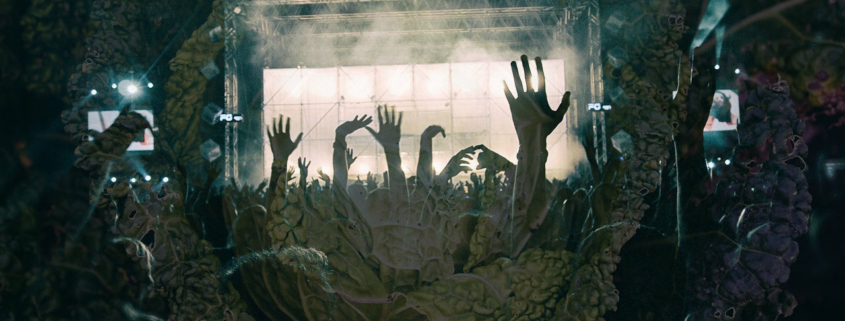

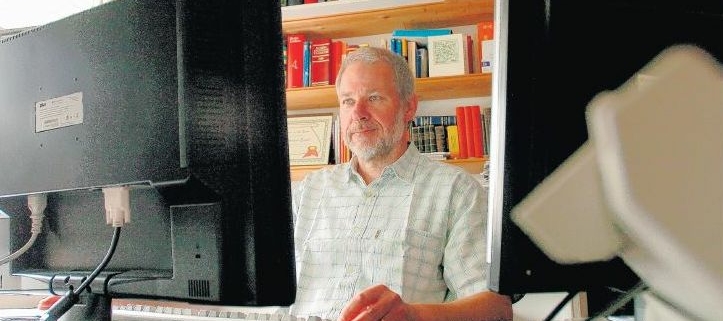
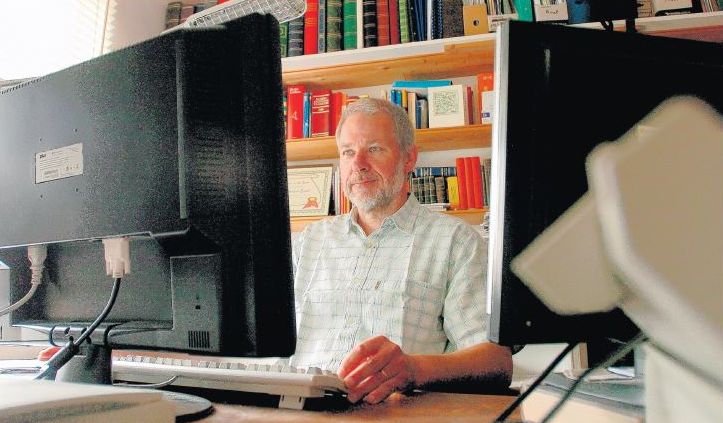



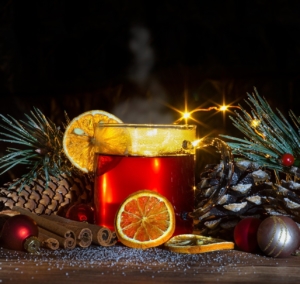
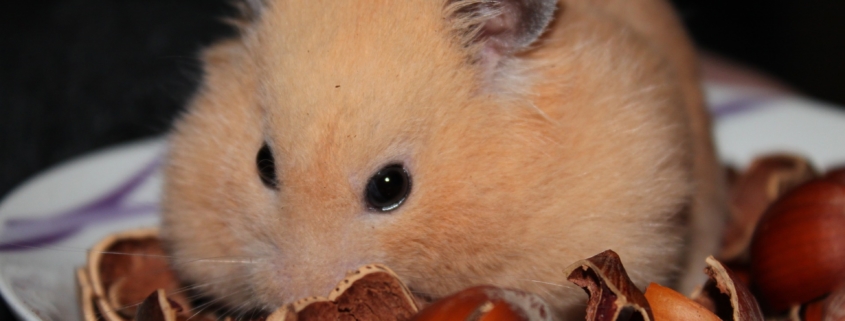
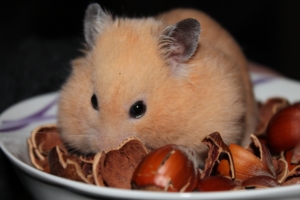 Hamsters have been emptying shop shelves across Germany and now seem set to cross borders as other countries take up the telling term Hamsterkauf. Wise advice to stock up on essentials before being confined to home by an anti-coronavirus
Hamsters have been emptying shop shelves across Germany and now seem set to cross borders as other countries take up the telling term Hamsterkauf. Wise advice to stock up on essentials before being confined to home by an anti-coronavirus 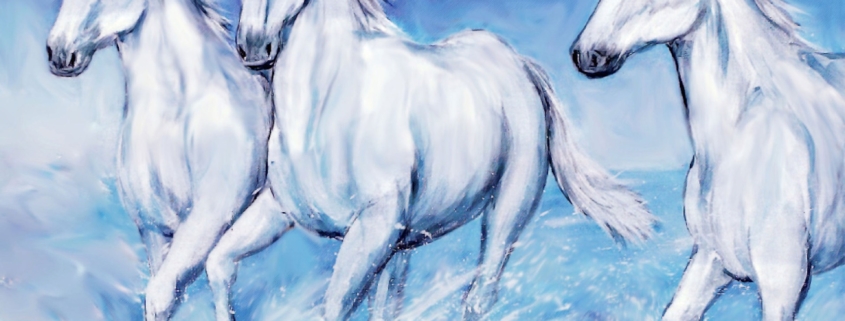
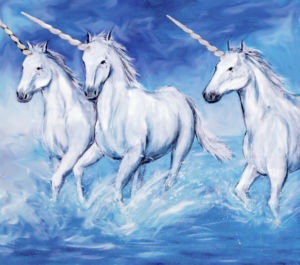 The unicorn has captured the human imagination since the earliest days of India, appears in the
The unicorn has captured the human imagination since the earliest days of India, appears in the 